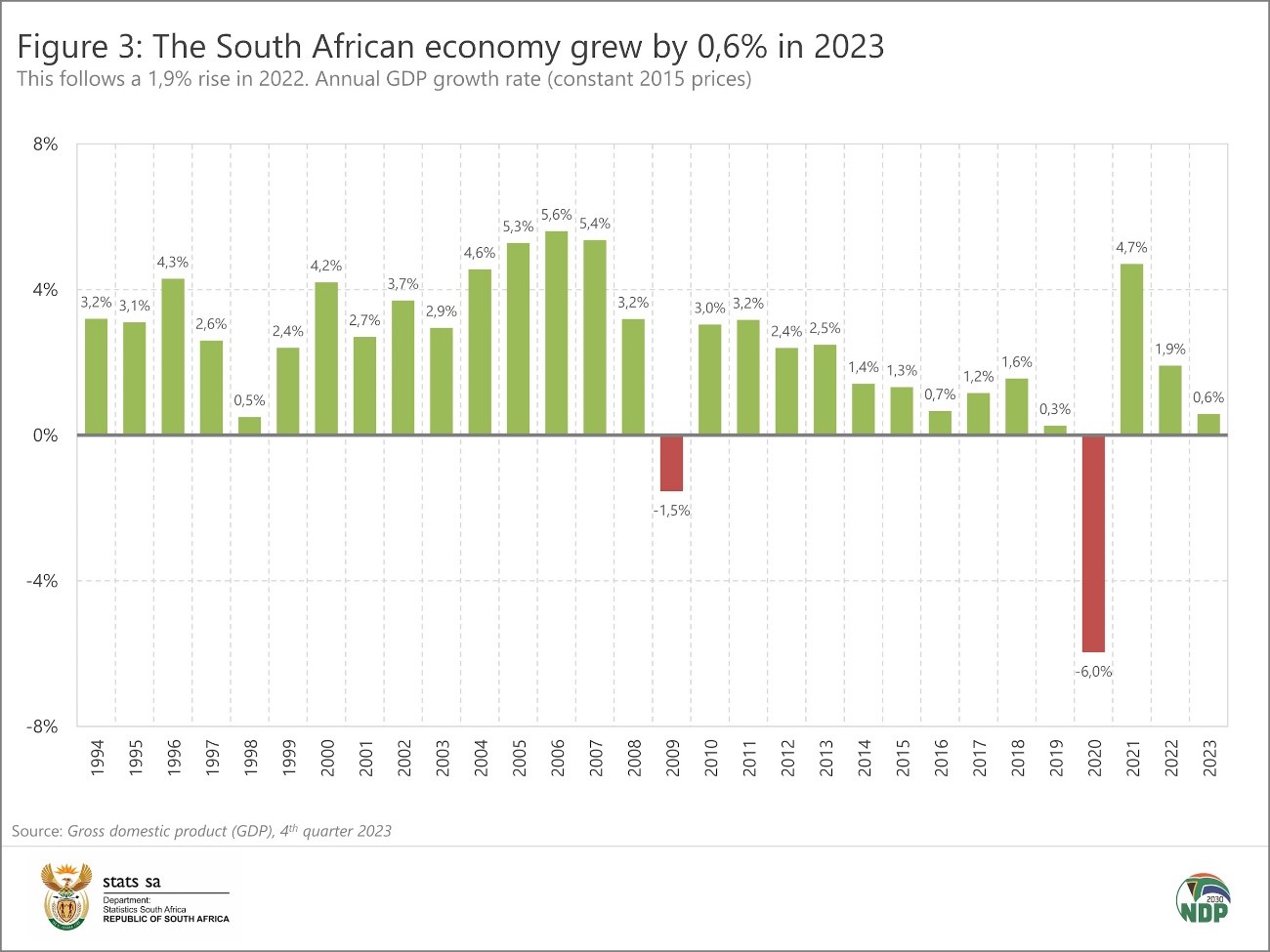
How Asset-Based Finance is Transforming South Africa’s Economic Landscape
In today’s rapidly evolving economic environment, many businesses in South Africa are re-evaluating their financial strategies. One prominent shift in this financial paradigm is the growing popularity of asset-based finance, a concept that has proven vital for many sectors struggling to maintain liquidity. With WesBank’s asset-based finance division recently reporting an impressive R22 billion in new business and a portfolio valued at R39 billion by June 2024, it’s clear that this financing model is gaining ground.
The Driving Force Behind Popularity
The rise of asset-based finance can be linked to a multitude of factors that make traditional lending avenues increasingly inaccessible. Businesses, particularly those in capital-intensive industries, face the dual challenges of cash flow constraints and an unpredictable economic landscape. This has created a significant demand for financing options that are both flexible and aligned with operational needs. Instead of draining working capital, asset-based finance serves as a lifeline for numerous sectors, ensuring sustainability as economic pressures persist.
Asset-based finance: Essential support during economic challenges.
Significant Impact on Key Industries
Let’s explore how asset-based finance reshapes several industries crucial to the South African economy. The mining sector, for instance, relies heavily on machinery and vehicles. When times are tough, asset-based finance can provide much-needed capital by leveraging these assets, allowing for operations to continue even during downturns. In construction, where capital is often tied up in machinery or property, this model of financing can free up funds necessary for ongoing projects, revitalizing cash flow.
The manufacturing sector witnessed a 6.4% decline in March 2024, a stark reminder of the fragility of this industry. Here, asset-based finance aids in maintaining smooth operational flow, ensuring that disruptions are minimized. Moreover, agriculture has its unique set of challenges, such as seasonal volatility. Here, asset-based finance provides incredible flexibility, allowing financial terms to adapt to expected revenue from harvests, thus bolstering the sector significantly.
Additionally, transportation, which is heavily influenced by fuel price fluctuations, benefits immensely from this finance model. In an era where rising costs threaten profit margins, businesses can use asset-based finance to better manage their financial health while remaining competitive.
Economic Growth Through Empowerment
The implications of asset-based finance extend beyond individual companies, impacting the broader South African economy. By facilitating access to vital capital, it encourages investment, job creation, and innovation, especially as businesses incorporate new technologies and automate their operations. In a financial climate where conventional lending is often out of reach, asset-based finance emerges as a compelling alternative, particularly for small and medium enterprises (SMEs).
It is this group, often referred to as the backbone of the South African economy, that stands to gain the most from asset-based finance. This approach not only opens doors to opportunities that were previously out of reach but also enhances financial resilience. SMEs can now position themselves as contributors to the country’s economic development while seizing growth prospects.
 Asset-based finance: A beacon of hope for SMEs.
Asset-based finance: A beacon of hope for SMEs.
A Brighter Future Ahead
As South Africa grapples with numerous economic hurdles, the robust growth in asset-based finance heralds a promising future. It highlights a journey toward reimagining financial structures that support meaningful development in key sectors like mining, construction, agriculture, and manufacturing. This financing strategy brings both stability and opportunity, ensuring that businesses can sustain growth and contribute significantly to the nation’s overall economic resilience.
In conclusion, as I reflect on the transformative potential that asset-based finance offers, I am optimistic. The innovative spirit of South African enterprises, when matched with creative financial solutions, is poised to enhance economic dynamism in the face of adversity. The road ahead may be fraught with challenges, but with asset-based finance, we are getting closer to a sustainable and prosperous economic future.
For more information on financial planning strategies, check out these resources: personal finance, financial planning tips.















